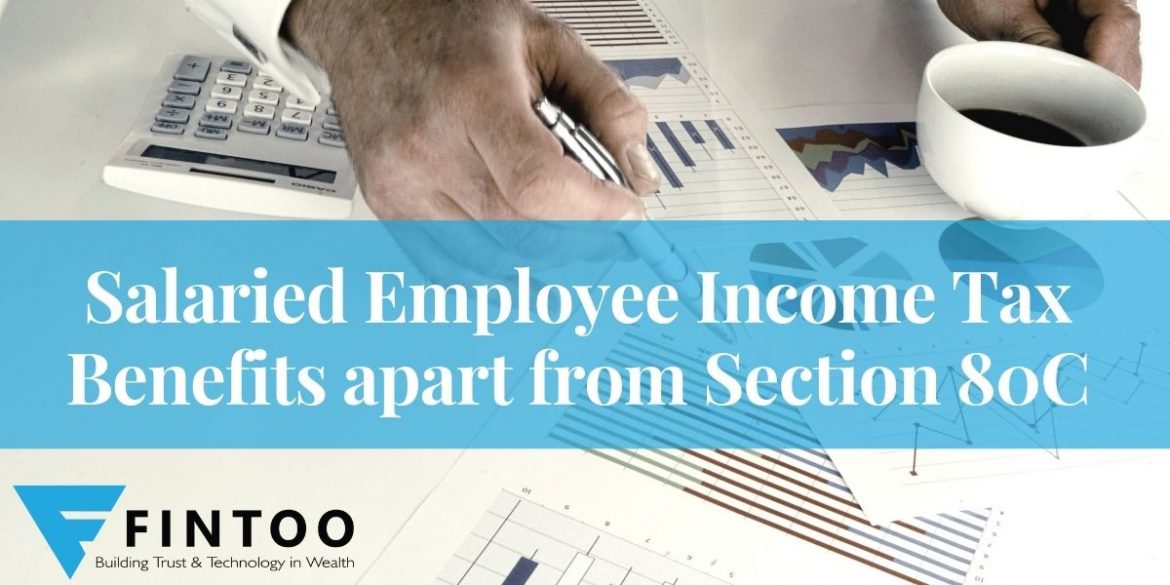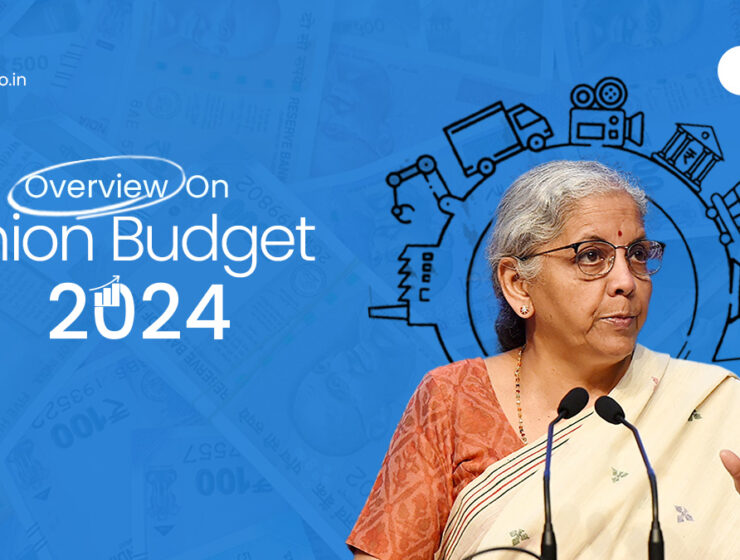

The Income Tax allows individuals a number of deductions on the gross income of an assessee after considering a number of factors. The Chapter VIA of the Income Tax Act deals with these additional deductions and must be separately distinguished from the exemptions, which are provided in Section 10 of the Act. The one point of difference between the Section 10 and Chapter VIA is that while the former does not form a part of the income, on the whole, the latter is deducted from the gross income of an individual. Let us delve into the details of the deductions allowed by the Chapter VIA of the Income Tax Act.
Section 80CCC
If the assessee pays a premium for an annuity plan of LIC or other insurer, a deduction is available up to Rs 150000. In this case, the premium must be deposited for maintaining a contract for the annuity plan of the insurer or LIC for the receipt of a pension.
Section 80CCD
If the employee has made a deposit in his or her respective pension account, which amounts to 10 per cent of the salary, he or she is entitled to deductions. The Central Government should make a contribution to the pension account, deduction of 10 per cent is allowed on the total salary. Also, if an amount is received from the pension account, this amount will be
charged to tax deductions taking it to be as income of the previous year. Such a benefit has been extended to a non-Central Government Employee because of the Finance Act of 2009.
Interestingly, the ceiling for the Section 80C, 80CCC and 80CCCD(1) together is 150000.
Must Read: Tax Planning For Salaried Youngsters
Section 80TTA
According to the Section 80TTA, an assessee is eligible for exemption on saving bank account interest. The interest amount of upto 10,000 is allowed as deduction. Please note that fixed deposit interest is not part of this and in fact interest from fixed deposits is fully taxable as per the prevailing slab rates.
Section 80GG
If you are a salaried individual but does not receive HRA (House Rent Allowance ) as part of your salary structure. But you stay in rented flat and is incurring the expense. You can not claim exemption from HRA as you do not receive one. However, you can still claim the tax benefits under section 80GG towards the rent that you pay.
Section 80D
Deduction of up to Rs 25000 for self and family is available for assessee. For senior citizens, the maximum deduction available is Rs 50000 on the medical insurance premium.
The premium can be paid in any mode other than cash. The insurance scheme is to be framed by the General Insurance Corporation of India and has been approved by the Central Government. It can be framed by any insurer and approved by the Insurance Regulatory & Development Authority.
These were some of the deductions other than 80C for a salaried individual. It is suggested to make use of these sections wherever applicable to you to plan your taxes.
A financial planning platform where you can plan all your goals, cash flows, expenses management, etc., which provides you advisory on the go. Unbiased and with uttermost data security, create your Financial Planning without any cost on: http://bit.ly/Robo-Fintoo
To Invest and keep regular track of your portfolio download: Fintoo App Android http://bit.ly/2TPeIgX / Fintoo App iOS http://apple.co/2Nt75LP‘
Disclaimer: The views shared in blogs are based on personal opinion and does not endorse the company’s views. Investment is a subject matter of solicitation and one should consult a Financial Adviser before making any investment using the app. Making an investment using the app is the sole decision of the investor and the company or any of its communication cannot be held responsible for it.
Related Posts
Stay up-to-date with the latest information.


